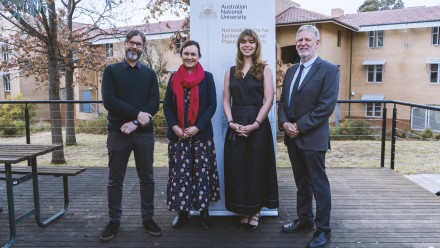Mobile Mental Self-Awareness
A known issue with traditional self-reporting and clinical assessment instruments are the occurrence of retrospective recall biases (Gorin & Stone 2001). These biases can compromise the validity and quality of results for clinicians and clinical researchers in mental health.
Ecological Momentary Assessment (EMA) or Experience Sampling Method (ESM) is a selection of methodologies that aims to “reduce retrospective recall biases and improve ecological validity by repeatedly self assessing a person with a mental disorder while engaging in daily activities in their natural setting” (Shiffman, Stone & Hufford 2008). Such approach may reveal an enrich source of psychological, behavioural, physiological, and ecological knowledge of a person with a mental illness in relation to the complex dynamics presented within their immediate environment.
By exploring the new advances and techniques in the areas of Ambulatory Assessments and Telemetric Technologies, the aim of this project is to use various Mobile and Wireless Internet Information Technologies in order to design a context-sensitive EMA electronic application for health consumers with a mental disorder.
References:
Gorin, A. and A. Stone (2001). "Recall biases and cognitive errors in retrospective self-reports: A call for momentary assessments." Handbook of health psychology 23: 405-413.
Shiffman, S., A. A. Stone and M. R. Hufford (2008). "Ecological momentary assessment." Annu. Rev. Clin. Psychol. 4: 1-32.







